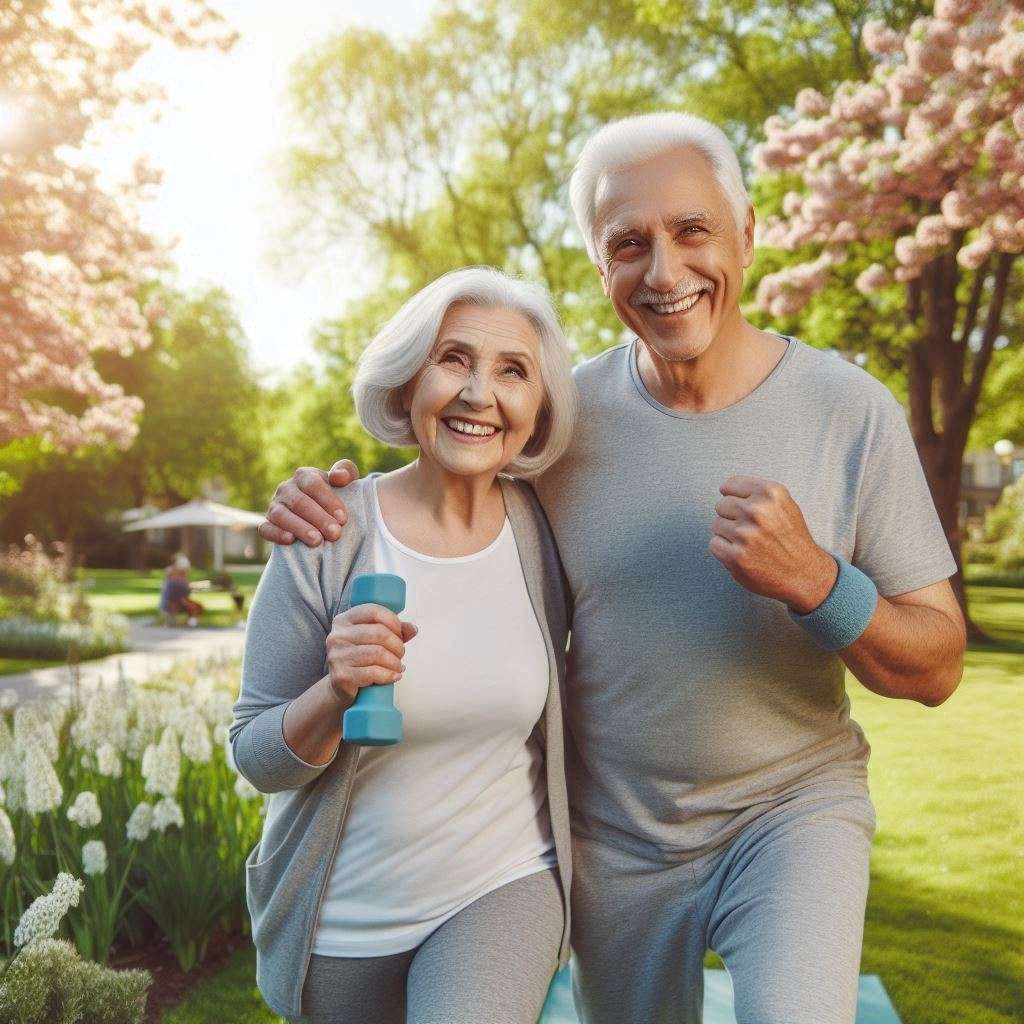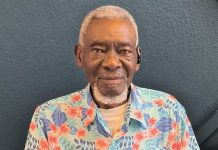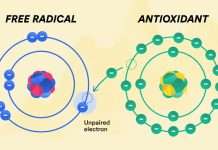
By Christopher Job
Ageing partly results from the loss and breakdown of tissues within the body. On the contrary, physical activity helps to build and maintain these tissues. Studies show that the risk of obesity, heart disease, hypertension, stroke, diabetes, cancer, and early death increases with age. However, people who exercise regularly tend to stay leaner, have more robust cardiovascular systems, better insulin sensitivity, and stronger immune systems.
Those who engage in regular physical activity do not experience the same physical and psychological decline as sedentary individuals. A lack of exercise leads to muscle and bone loss, resulting in weakness and a higher risk of injury in later years. Conversely, those who remain active maintain strong muscles and bones, allowing them to continue leading active lives.
People who exercise regularly also tend to be calmer, as physical activity helps to alleviate depression and anxiety. Exercisers are often friendlier, more hardworking, happier, and more sociable than non-exercisers. They are also more likely to adopt healthier eating habits. Good circulation ensures that their skin receives the oxygen and nutrients it needs to remain youthful. Furthermore, exercise promotes better sleep, enhances the ability to cope with stress, and fosters a more positive outlook on life.
For older adults, exercise does not have to be intense or painful to yield tremendous health benefits. Research has shown that even light physical activity can make a significant difference. For example, taking three 30-minute brisk walks per week can greatly improve overall health, while increasing this to four or five times a week provides even greater benefits. However, it is important to note that excessively intense exercise can have negative effects.
Exercise helps to burn excess weight, lower blood pressure, improve cholesterol levels, regulate blood sugar and insulin levels, and prevent osteoporosis. Additionally, it plays a role in enhancing mental performance.
Strenuous exercise also speeds up the movement of lymph fluid through the lymphatic system. As you move your body, your immune system becomes more active, strengthening your defence against illness. Exercise stimulates peristalsis in the intestines, leading to more regular bowel movements. Since constipation has been linked to colon cancer, staying active can help reduce this risk. Inactive individuals are more prone to constipation, making exercise even more important.
It has been found that people who remain active throughout their later years tend to enjoy longer and healthier lives compared to those who become inactive. Retirees should engage in activities that keep them physically and mentally engaged to prolong their lives in good health. Moderate activities such as walking can be highly beneficial.
A sedentary lifestyle should be avoided as much as possible. Those with spacious compounds can take advantage of the available space for exercise, but if going outside is necessary, caution should be taken to avoid road hazards. I am particularly grateful that okadas (commercial motorcycles) have been banned in some areas of Lagos State, reducing the risk of accidents. As much as possible, busy areas should be avoided. Walking with a companion can enhance the social benefits of exercise.
Exercise is also an antidepressant. When you engage in physical activity, your body releases endorphins, which promote a sense of well-being. This helps you handle stress more effectively and enhances your mental capabilities.
Many people find that exercise stimulates creativity. Walking, in particular, can be a time for thinking and generating new ideas. With a mobile device, you can listen to music, audiobooks, or messages while walking. Whenever I travelled to Calgary, Canada, I enjoyed my walks. Apart from exploring the neighbourhood, I challenged myself by walking to the public library to read.
However, in recent times, I have been unable to walk such long distances (several kilometres) and have instead restricted my walks to the streets and parks within the community. Nevertheless, I still find that walking provides time for reflection. Observing people, structures, signs, and events as I walk has inspired me to write several interesting pieces.
It has been said that for every hour you spend exercising, you gain an hour of life.
The Word of God also speaks about physical exercise. 1 Timothy 4:8 states:
“For bodily exercise profits a little, but godliness is profitable for all things, having promise of the life that now is and of that which is to come.”
While physical exercise is valuable, spiritual exercise is of far greater importance. Physical exercise benefits this present life, but spiritual exercise is beneficial both for now and eternity.










